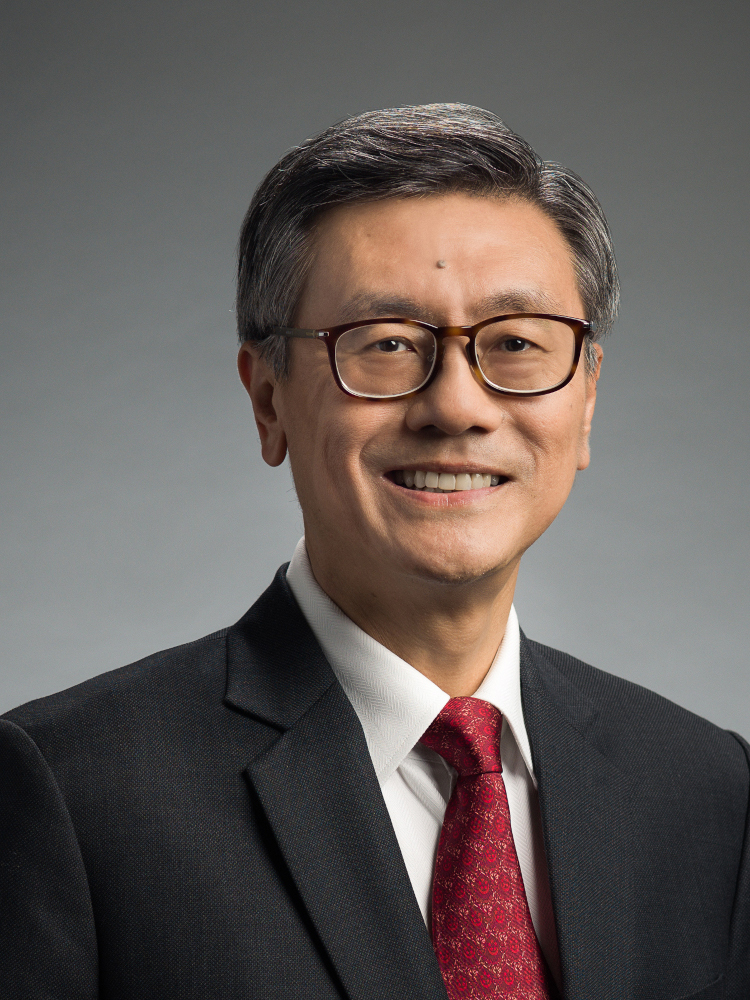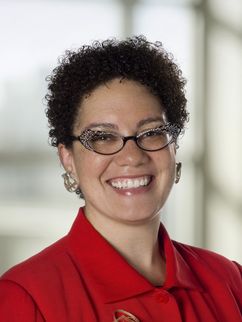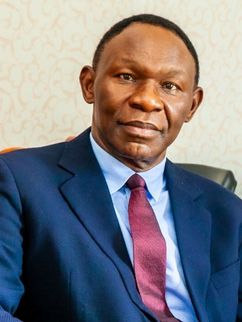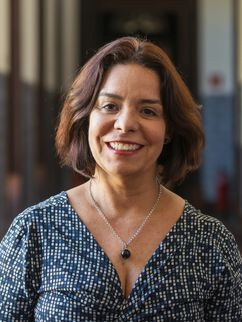How did the coronavirus pandemic change university teaching, learning and life around the world – and what is here to stay? We asked four universities for their views. This answer comes from Tan Eng Chye. He is President of the National University of Singapore and a member of the Global Learning Council.
LEIBNIZ Tan Eng Chye, what has proven to be the biggest challenge for your university in shifting to digital teaching and learning?
TAN ENG CHYE COVID-19, though a major disruptive phenomenon and an existential threat for many businesses and higher education institutions, has also been a driver for change – because teaching, assessments and even interaction between teachers and students had to be moved online. From Feb/Mar 2020 onwards, our university prepared for online examinations – to ensure that students were able to take authentic examinations carried out with minimal fuss, and as reliably as possible. Thankfully, we managed – with minimal cheating. As well as exams, our university has since successfully implemented hybrid and online learning formats. The biggest challenge will be to move towards a sustainable model for digital teaching and learning at scale as COVID-19 becomes endemic. Successful digitalisation of education will require our professors to develop innovative teaching methods that engage students more actively, including in peer collaboration. They will have to develop essential competencies and rethink assessment strategies. And our students will need to develop new online learning skills.
What kind of support for digital teaching and learning would you like to see at your institution in the future?
We already have a great deal of support for digital teaching and learning, but will continue to upgrade and innovate: we want to ensure that we have appropriate physical and IT infrastructure, in terms of platforms and tools. We want to help our professors adapt to digital teaching and guide our students so that they can use online learning formats without anxiety. Partnerships are important – not only internal partnerships for learning design and education technology, but also external partnerships with private sector companies that can help us with e-learning development. In addition, we want to carry out research and evaluate tools to enhance the quality of teaching and learning. The aim is for professors to assess students’ learning behaviour better and be able to spot those in difficulty, as well as to identify those who are doing well – and can be encouraged to take on more challenges. This will also make it easier for our institution to predict student performance and goals. And we want to offer students themselves the opportunity to reflect on their own learning behaviours.
What can you tell others about digital teaching and learning? What advice would you like to give?
Seize this opportunity to build resilience in teaching and learning in your institutions to prepare for – and respond to – health emergencies, pandemics and other exceptional situations in the future. This can only be done by pulling out all the stops to offer teachers more technical support. Only in this way can you create learning environments that accommodate different learning styles, as well as enabling learning activities that promote self-reflection and resilience among students. At the same time, however, do not discount the human element. Of course our students and teachers appreciate our efforts to ensure high-quality education in these trying times, but our attempts to reach out, provide emotional support and make the university a place where rich and meaningful human interaction takes place are just as important.
The Global Learning Council (GLC)is a virtual organisation that brings together thought leaders in the area of effective use of technology to provide access to education and improve learning outcomes around the world. The GLC was founded in 2013 and offers a platform for connecting leaders, organisers and innovators from academia, industry and the non-profit sector to foster cooperative processes and advance innovative strategies for digital learning.
Leibniz President Matthias Kleiner is the chair of the GLC. The head office of the GLC currently resides with the Leibniz Association in Berlin, Germany.
How have universities and other higer education institutions around the world reacted to the pandemic? – Find an interview with Friedrich W. Hesse, Co-Chair of the GLC and project manager Anne Leiser who coordinated a study about the pandemic-related digitalisation here!



